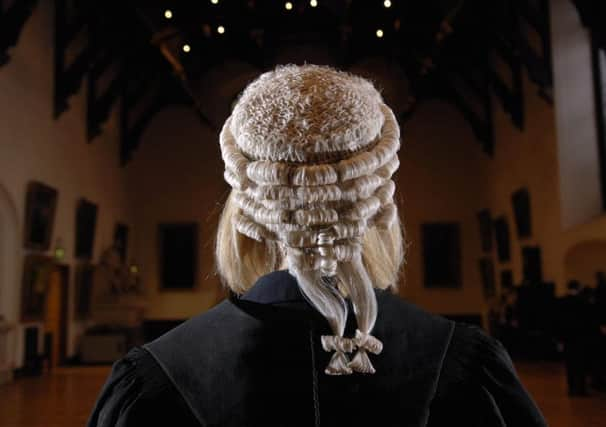Vikki Melville: Third parties' rights improved by new legislation


In October 2016 the Third Parties (Rights Against Insurers) Act 2010 comes into force, making it easier for third parties to seek damages for losses caused by parties who have become insolvent.
However, before then, the Insurance Act 2015 comes into force on 12 August 2016, which contains provisions to remedy various technical defects with the 2010 Act.
Advertisement
Hide AdAdvertisement
Hide AdThis legislation replaces the Insurance Act 1930, suggesting that reform of this area of law is very much overdue.
Under the current law, before a party can seek damages against an insolvent insured, they must go through a cumbersome, expensive procedure: the third party must establish the insured’s liability by obtaining a judgment, settlement or arbitration award from the court.
Alternatively, if the insured is a company which has been dissolved, parties must apply to the courts to restore the company to the Companies Register and then seek to have the company added to the legal proceedings.
Only once an insured’s liability has been established in one of these ways, a third party then pursue their compensation claim. This is quite a task involving not one, but two court actions.
The main purpose of the new legislation is to make it easier for third parties to obtain compensation for losses caused by an insolvent individual or company. Once this legislation comes into force, third parties will – for the first time – be able to raise actions directly against insurers whose insured have become insolvent.
Third parties will be able to pursue claims in a single set of proceedings against insurers directly, without the requirement to restore insolvent companies to the Register or obtain judgment from the Court. This will speed up the process and save on legal costs. The money-saving implications of the legislation will not only affect the pursuing party, as insurers’ liability for expenses will also be reduced.
The legislation will also make it easier for third parties to obtain information about insurance policies as the 2010 Act updates and expands insolvency procedures to reflect changes in insolvency law since the 1930 Act came into force, bringing this area of law into line with modern practice. Third parties will be able to obtain information about the identity of insurers and the terms of insurance they provide.
This will allow third parties to make more informed decisions early on about whether it is worth their while pursuing their losses in this situation.
Advertisement
Hide AdAdvertisement
Hide AdThird parties will also be able to advise insurers directly of claims under the new legislation. Previously, insurers could rely on the “late notification” defence to avoid claims, arguing that their insured had failed to notify them of potential claims. This defence for insurers has been removed by the new legislation.
In conclusion, although everything is not yet “right” with third parties’ rights, the hope is that the situation will be improved by autumn 2016. • Vikki Melville, Partner in Clyde & Co’s Casualty team, based in Edinburgh